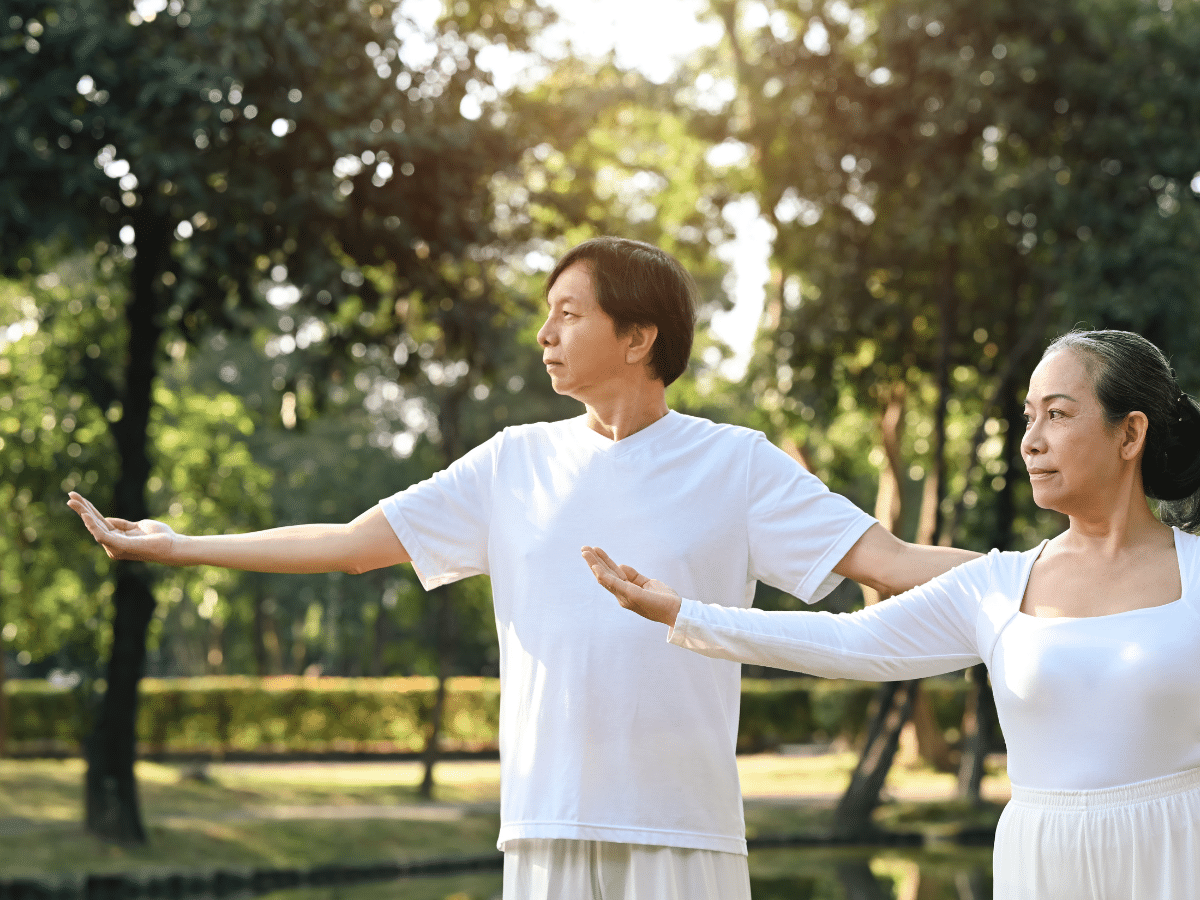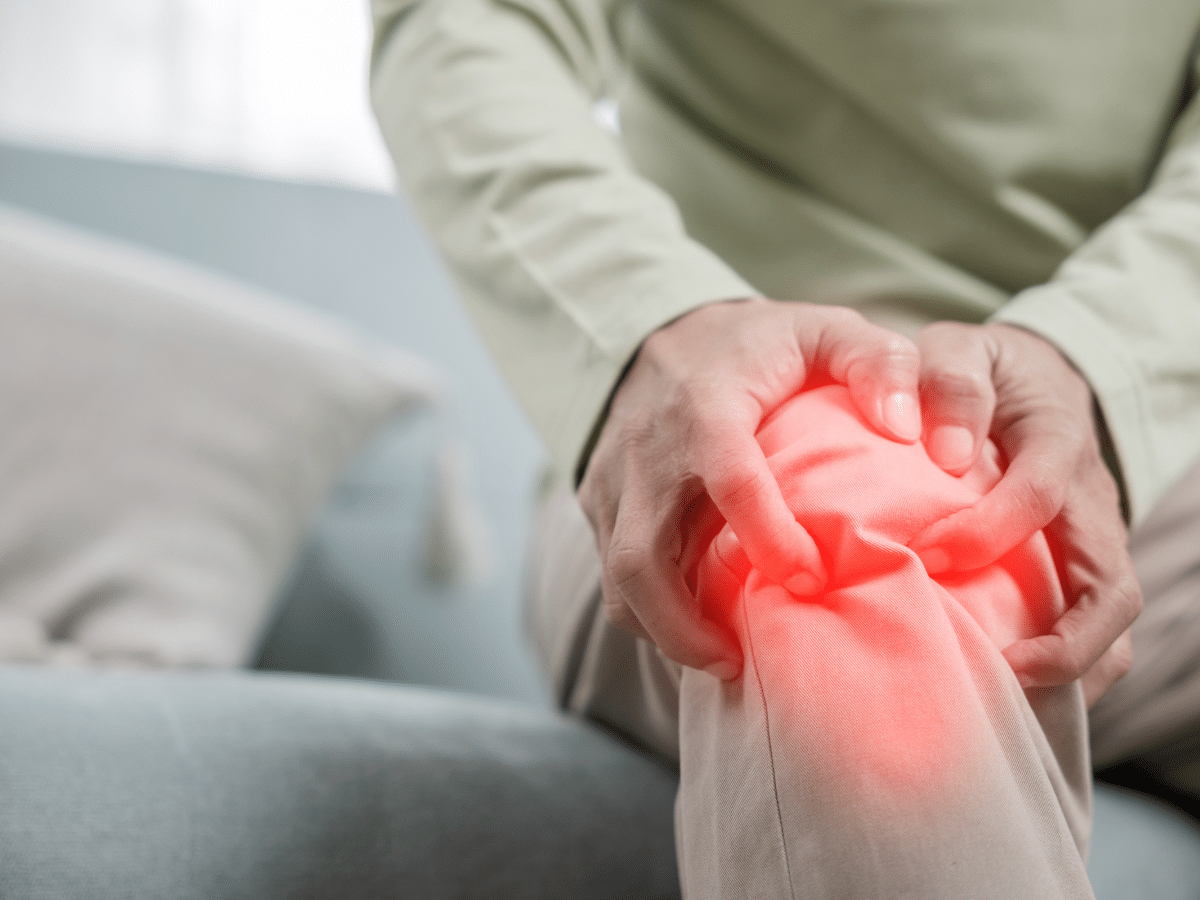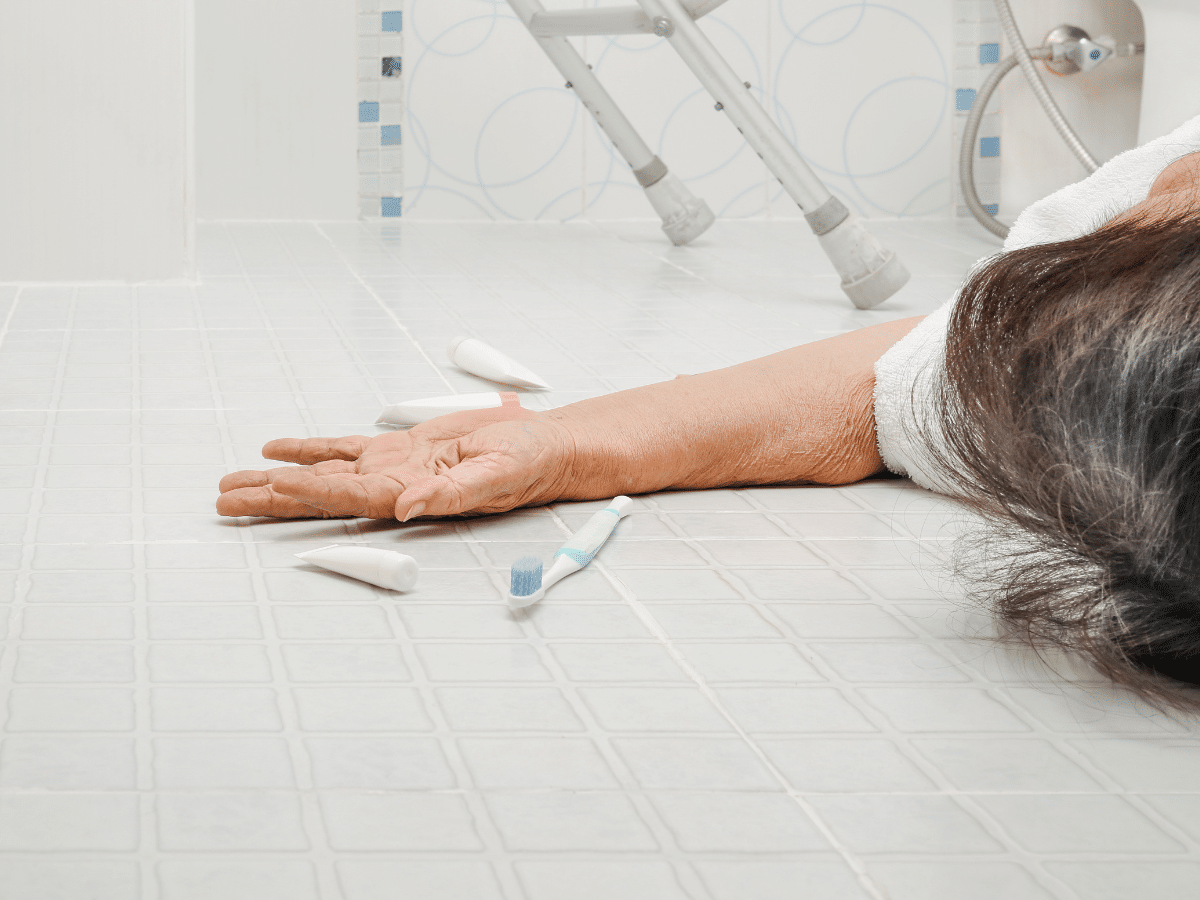It should probably go without saying that everyone needs a good night’s sleep. Sleep rejuvenates us. It provides us with the rest we need to tackle each day with vibrancy and energy. Naturally, the older we get, the less energy we seem to have. So, it should probably also go without saying that, as we age, we need to take sleep more seriously.
Tuck, which is a Seattle-based organization that aims to improve sleep hygiene, health and wellness, notes that a good night’s sleep is one that last for at least seven hours. On their website, they also point out that sleep deprivation has negative effects on people of all ages, but is particularly hard on seniors. Studies have confirmed that the ramifications of sleep deprivation include poor emotional and physical health as well as an increased risk of falls for older adults.
“With sleep deprivation affecting both balance and reaction time, it significantly increases a senior’s fall risk,” Tuck.com explains, “Elder falls affect 25% of seniors and are the top causes of traumatic brain injuries.”
Seniors have greater trouble falling asleep than the rest of us.
Tuck explains that, as we age, our sleep architecture changes. We have neurons in our brains that regulate our sleep patterns. The older we get, the less of these neurons we have. Seniors who battle with Alzheimer’s disease have these neurons die off at excelled rates. This causes problems with falling asleep and maintaining restful sleeps once dozing off.
As the Tuck website explains, “when compared with younger adults, brain scans show that seniors not only tend to take longer to fall asleep, but they also spend less time in deep sleep and experience more fragmented sleep with nighttime awakenings.”
How can seniors improve their ability to sleep?
Thankfully, there are numerous steps that older adults can take to promote more restful sleeps at night. Tuck encourages seniors to improve their overall health by eating and drinking with good nutrition in mind and getting exercise during the day. Heavy meals later in the day and alcohol consumption are both no-no’s as they are known sleep disruptors. Exercise, of course, physically tires the body and helps to maintain wellness.
Topping Tuck’s list of sleep tips, however, is reducing stress. “If a senior’s insomnia is caused by underlying stress, grief, worry—even worry about their insomnia itself—psychotherapy can help,” says their site, “Seniors can also engage in other activities to reduce their stress, such as yoga, meditation, or visualization. They might keep a worry journal. Before bed, they can write their worries into the journal to release them from their mind and onto the page.”
Invest in a home hospital bed.
At LifeCare Mobility Solutions, we proudly carry a variety of high-quality home hospital beds from a number of top manufacturers. Home hospital beds are perfect for individuals who have hard times getting in and out of bed, have sleeping issues, suffer from insomnia or are bedridden.
For more information about how our home hospital beds can help to improve the sleep patterns of the older adults in your life, please don’t hesitate to call us at 416-267-9800 or email us at info@lifecaremobility.ca. You may also contact us by filling out the form on our Contact page!












































